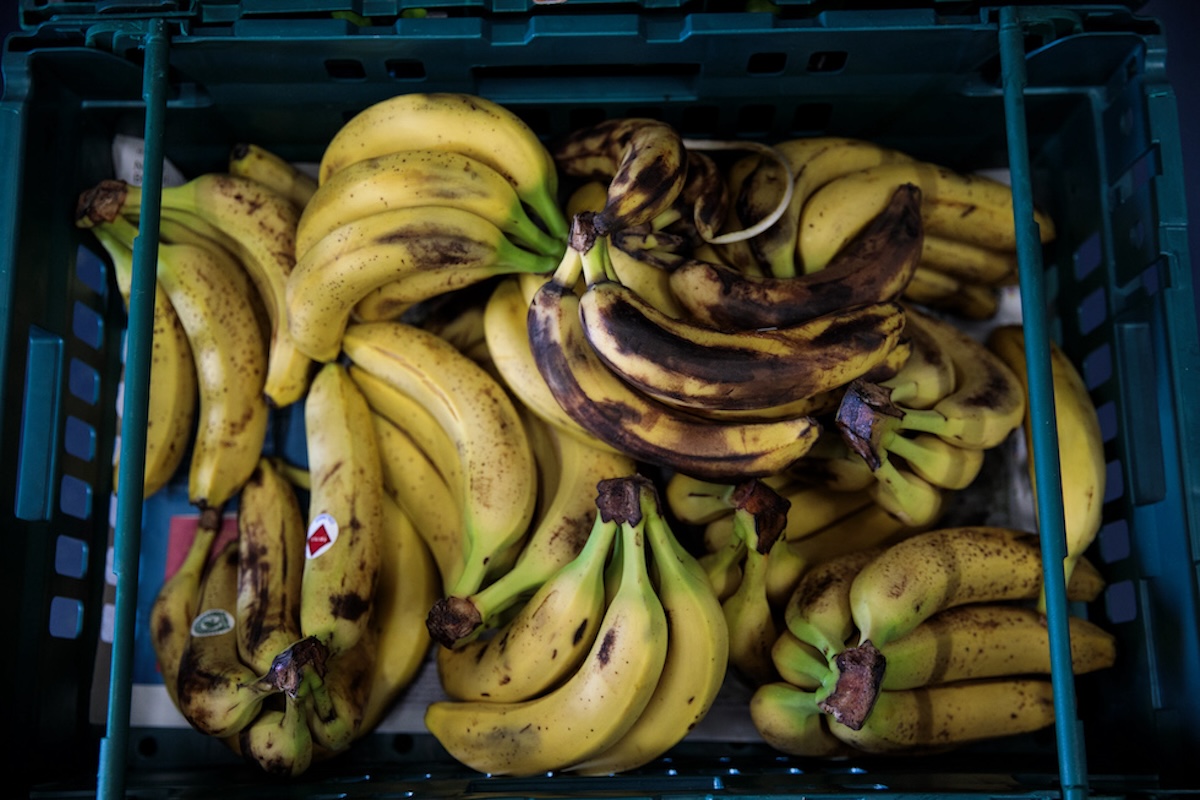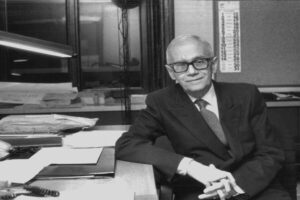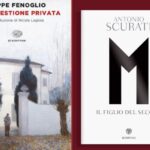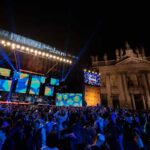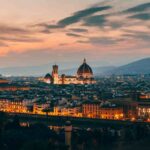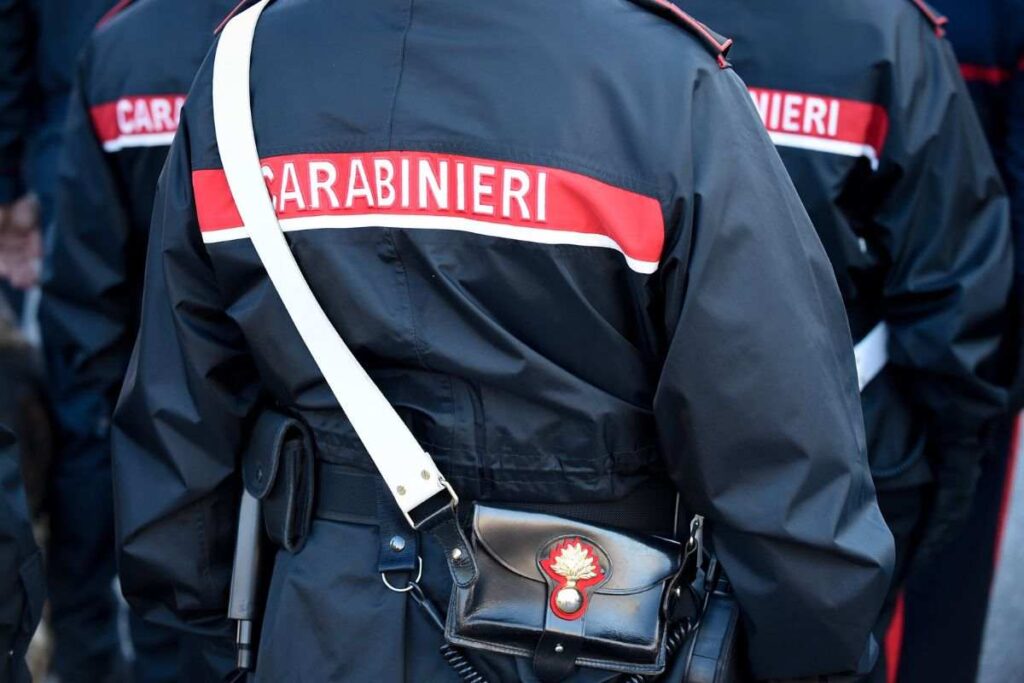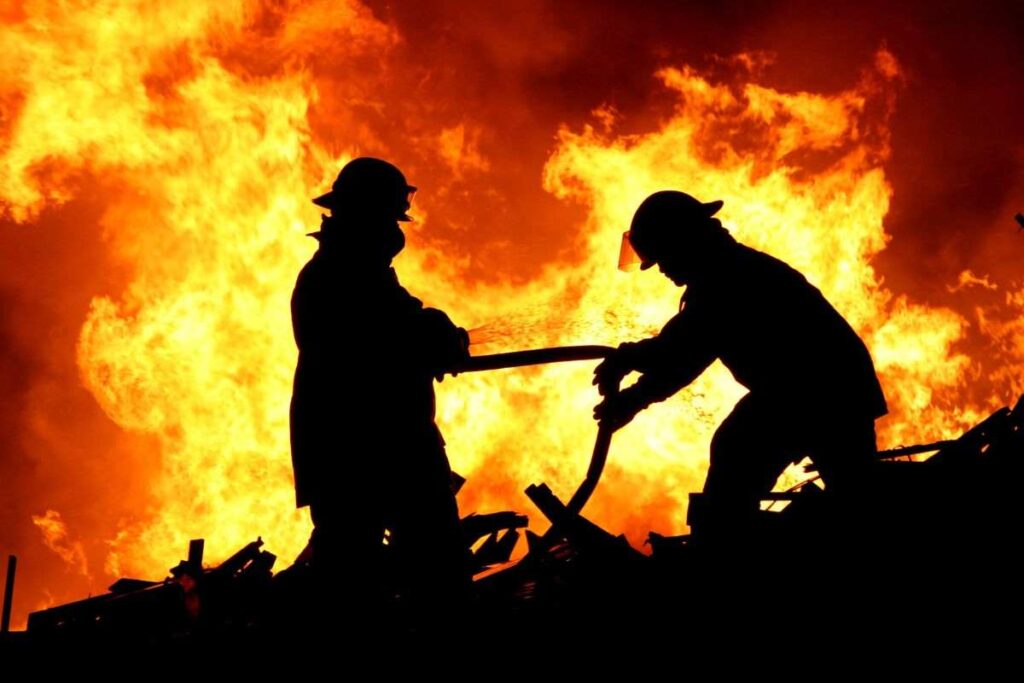Cultura
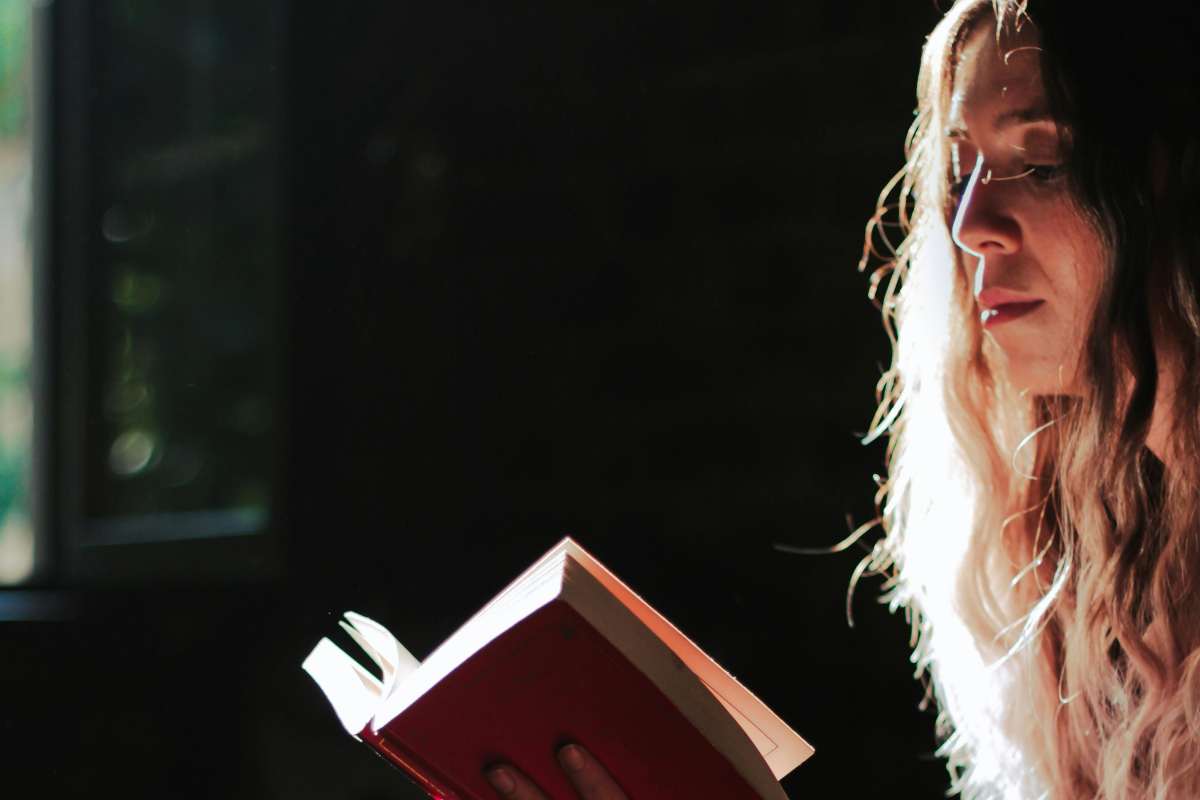
Ti piacciono i thriller psicologici? Leggi questi libri e rimarrai con gli occhi incollati sulle pagine
Gli appassionati di thriller psicologici non possono perdere dei titoli da brivido, la cui narrazione tiene incollati alle pagine. Scopriamo …
Eventi
Notizie
Ho scoperto che si può coltivare il Fiore di Loto anche in vaso: inutile dirti che è meraviglioso
Fiore di Loto, curiosità e caratteristiche, se ti piace questa pianta sappi che puoi coltivarla anche in vaso, è davvero …
Avevo dei piatti vecchi, alcuni anche rotti, per me erano un caro ricordo così ho trovato il modo di trasformarli
Alcune idee originali per trasformare, in modo diverso, dei piatti rotti o in disuso in un ricercato dettaglio per l’arredamento. …

